Where is Jared Kushner? In the first Trump term, as senior advisor to the President, he was everywhere and into everything. At home, he designed policies and plotted re-election efforts. Abroad, he orchestrated the Abraham Accords, which normalized relations between Israel and several Muslim nations. This magazine even produced a 2020 cover (pictured) examining the pervasive power of “Prince” Jared.
In 2025, however, Kushner seems to have learned what most people don’t understand: to call the shots in Trumpland, it helps to operate behind the scenes. In Jared’s case, behind the scenes means living the high life with the global elite: hanging out in a Venetian gondola at Jeff Bezos’s wedding, say, or exploring ex-Soviet luxury accommodation sites in Albania, or lounging poolside in Miami.
But don’t be fooled by the outward displays of indolence. According to multiple insiders, Jared is as valuable to his father-in-law now as he was in the late 2010s. When the President visited the Middle East in May, Kushner did not go. But he did reportedly provide “informal” advice to the commander-in-chief and his delegation ahead of the talks with Saudi Arabia, the United Arab Emirates and Qatar.
On Iran, Kushner managed to remain indispensable while being dispensable, wielding soft power through “WhatsApp messages and lengthy phone calls with the President,” according to a source in the current administration, who added, “there’s no one more capable in counseling Trump on this than his son-in-law.”
This dynamic between Kushner and Trump has been branded the “Kush push” by those in government. One source I talked to, who had worked with Kushner in Trump’s first administration, said: “Trump will be 80 percent of the way there, and then the Kush push will get him over the line.” (The word “kush” is also slang for cannabis, which is amusing given Kushner’s brother Josh is a major investor in legal weed distribution.)
Kushner’s informal advisory role involves a careful balancing act, as he has repeatedly stated his intention to remain outside government and support his wife Ivanka, who declared in an official statement that her new ambition was to “prioritize my young children and the private life we are creating as a family” – while also pursuing her business interests.
Yet there’s no doubt that the relationships Kushner cultivated during his White House years, particularly with Saudi Crown Prince Mohammed bin Salman, UAE leader Mohamed bin Zayed and even North Korea’s Kim Jong-un are just too valuable to abandon. (By the by, the friendship with Kim Jong-un so impressed the late Queen Elizabeth, that she reportedly privately remarked that the Trump family may be the only one more connected than hers.)
Jared’s connections now serve a dual purpose: advancing his business ventures while providing Trump with insights into regional complexities that few others can match. Politics aside, Kushner’s post-government renaissance is far more lucrative than playing therapist with his father-in-law. His official job is the day-to-day management of Affinity Partners, a private equity outfit he conjured into existence the day after Trump’s first term ended. The timeline is nothing if not brazen. Within weeks of surrendering his White House pass, there was Kushner, gallivanting across Gulf capitals with Ivanka in tow, essentially conducting a victory lap that doubled as a fundraising tour. Here was a man who had just finished negotiating US policy with these same leaders, now asking them to invest in his personal side-gig.
If Kushner were not a Republican, he could reasonably qualify for the next Nobel Peace Prize
The Saudis played their part beautifully. Despite their own investment committee’s documented skepticism about Kushner’s rather thin track record as a fund manager, the Crown Prince ponied up $2 billion with hardly a second thought. The message was unmistakable. Friendship with the Trump family pays dividends, quite literally.
The firm has since collected $157 million in management fees, according to then-Senate Finance Committee chairman Ron Wyden. Unfortunately for Kushner, the criticism of his post-political career crosses both sides of the aisle. “He crossed the line of ethics,” declared Republican House Oversight Committee chairman James Comer, while Wyden, a Democrat, suggested Affinity might be “part of a compensation scheme involving US political figures designed to circumvent the Foreign Agents Registration Act.”
Kushner’s defenders argue that his business relationships strengthen American interests by maintaining crucial diplomatic channels. His continued dialogue with Middle Eastern leaders provides Trump with insights that traditional channels cannot offer. And when regional tensions escalate, as they did following the Hamas attacks, these informal communications become particularly valuable, they say.
The personnel profile at Affinity tells its own story about Jared’s inability to separate himself from political life. The firm employs at least 11 former Trump administration officials, including Avi Berkowitz, who served as Kushner’s deputy and helped negotiate the Abraham Accords, and Miguel Correa, a retired general who previously handled Gulf affairs at the National Security Council. There’s also Kevin Hassett, former chairman of Trump’s Council of Economic Advisers. This concentration of former officials has led critics to characterize Affinity as a “shadow foreign policy operation” that allows ex-government personnel to receive foreign payments without the disclosure requirements that would apply to registered foreign agents. Others speculate that it is a way for Jared to enforce privacy, with one source claiming it’s “the only way to ensure that nobody talks is to employ them.”
Affinity’s portfolio extends beyond the Middle East. Its biggest project at the moment is transforming Albania’s Sazan Island, a derelict Cold War military base, into a “luxury playground for the world’s oligarchs.” The $1.4 billion project, enthusiastically blessed by Albanian Prime Minister Edi Rama, is the epitome of Kushner’s audacity. He somehow convinces governments that his personal enrichment also serves the greater good. Environmentalists are predictably enraged about the potential destruction of protected marine areas, but Kushner waves away such concerns with the sort of breezy confidence that comes with $3 billion in backing. After all, what’s a few endangered sea turtles when you’re single-handedly preventing Russian influence in the Balkans?
The Albanian venture also follows Kushner’s post-government modus operandi: recruit a fellow Trump alumnus (in this case, Richard Grenell, former German ambassador and current president of the Kennedy Center), invoke the specter of geopolitical competition and, voilà, private profiteering becomes patriotic duty. It’s the same playbook he’s deployed in Serbia, where Affinity plans to convert Belgrade’s former defense ministry into yet another luxury hub to counter Russian and Chinese interests.
The brazenness of this family business model becomes even clearer when one considers the broader Kushner constellation. In June, Charles Kushner, Jared’s father, a man who served prison time for tax evasion and the rather more colorful charge of witness intimidation, was sworn in as US Ambassador to France. The ceremony was a masterpiece of American meritocracy. A convicted felon, pardoned by Trump in 2020, now representing the republic in Paris. Jared, Ivanka and their photogenic children were seen beaming in the White House as patriarch Charlie received his diplomatic credentials. It was a rare public appearance for the officially retired couple, but the connotations were clear: the Kushner family’s influence runs deeper than any single administration. While Jared operates his shadow foreign policy from Miami, Papa Charlie handles the old-fashioned diplomatic niceties from the Rue Saint-Honoré.
What Kushner has achieved, really, is the complete dissolution of that quaint old notion (and it was, of course, always just a notion) that public service and private profiteering should remain separate. Why settle for the pedestrian path of joining some white-shoe law firm or think tank when sovereign wealth funds are practically throwing money at you? Eat your heart out, Hunter Biden. Jared established a template that must have other former First Family opportunists salivating with envy. The democratic purists are, naturally, clutching their pearls. They prattle on about “conflicts of interest” and “foreign influence” as if these were novel concepts rather than the fundamental operating principles of modern American statecraft. But is anyone listening?
The proof of Kushner’s enduring relevance lies in his and Trump’s Middle Eastern maneuvres. The President’s characteristically modest promise to end the Gaza war “as quickly as possible” has collided rather spectacularly with reality, leaving his administration scrambling to balance Israeli demands with Arab allies’ increasingly pointed suggestions. Enter Kushner, stage right, with his little black book of phone numbers for the Crown Prince and others, plus his deep family ties to Israel. The challenge for the Trump administration lies in managing these relationships without appearing to be captured by them.
Whatever critics like to say about Jared Kushner – that he should never have been hired in the first administration because he is married to the President’s favorite daughter; that he is a partisan of Israel who puts symbolic gestures ahead of real peacemaking; that he is interested in, most of all, money; that his family is sleazy and criminal – nobody can deny that he is an effective operator. If he were not a Republican, he could reasonably qualify for the next Nobel Peace Prize.
This morning, and every morning, planes from Israel took off and landed in Dubai. And planes from Dubai took off and landed in Israel, a symbol of a normal peace and coming together of Jews and Arabs. That is the new reality of the Middle East and it came about in large part thanks to Kushner’s singular vision and diplomatic skill. Almost nobody in 2016, even the MAGA diehards, would have thought the Abraham Accords possible. But they were. And if the Saudis and even the newly Assad-free Syria join these diplomatic agreements, this will be a new Middle East, and the skinny son-in-law with the questionably ethical fund will be the one responsible for breakthroughs in peacemaking in the world’s most difficult region that have eluded Carters and Kissingers and Clintons for decades.
So where is Jared? He’s precisely where he wants to be: close enough to matter, far enough to profit and clever enough to make it all seem natural. He has achieved that rarest of Washington feats: remaining relevant without responsibility, influential without accountability. Whether this represents American statecraft at its most pragmatic or most compromised may depend entirely on whose ox is being gored. The question facing American democracy is no longer where Kushner is, but whether the nation can afford the price of his influence – and if it can afford to do without it.
This article was originally published in The Spectator’s August 2025 World edition.



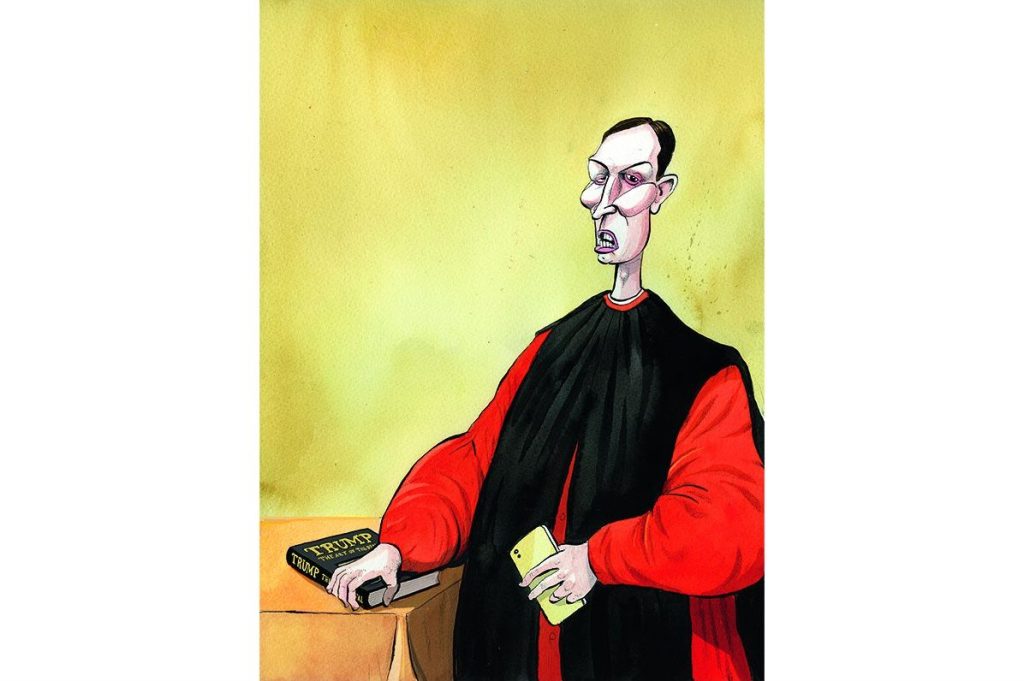






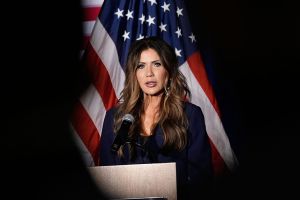
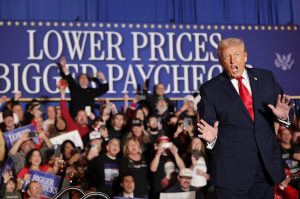
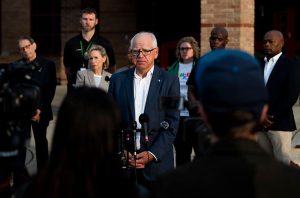
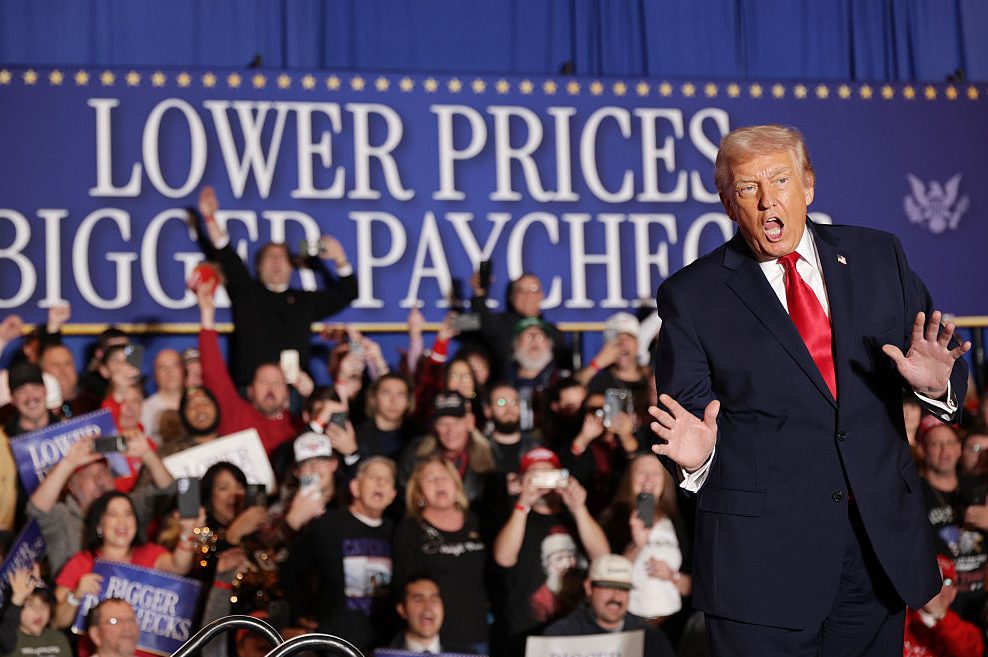
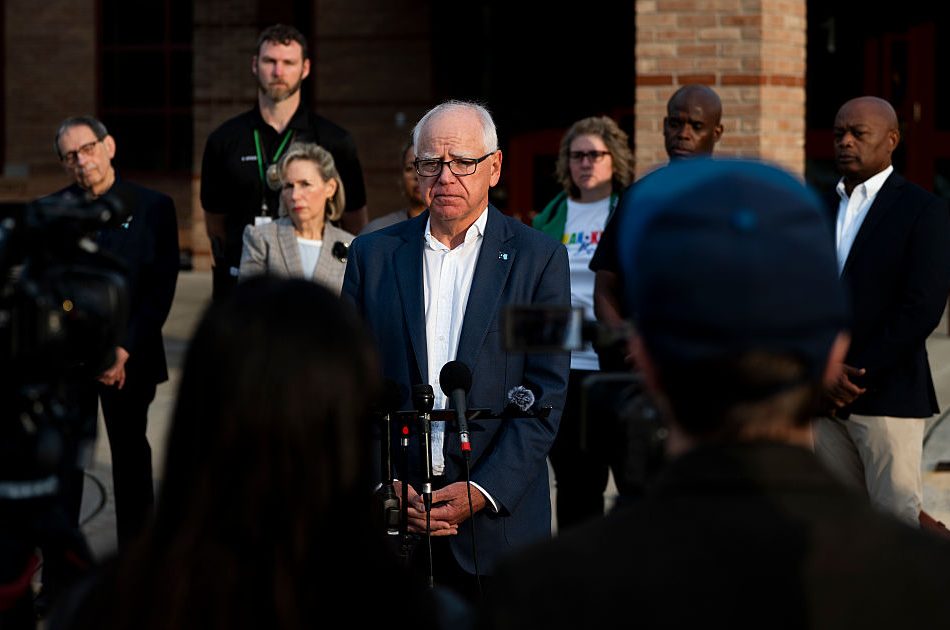


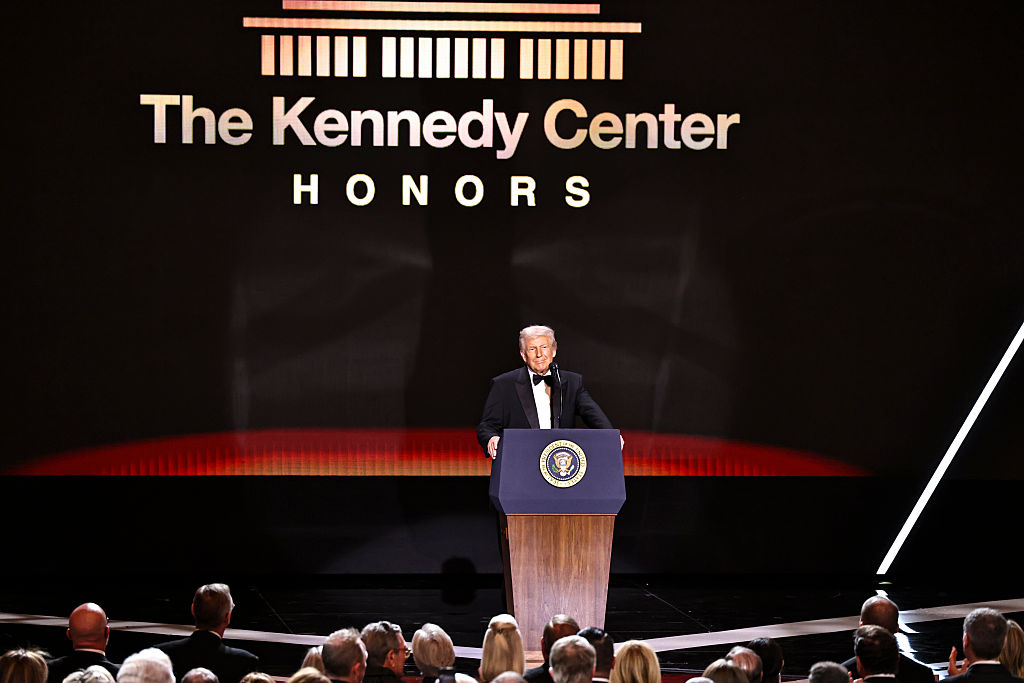
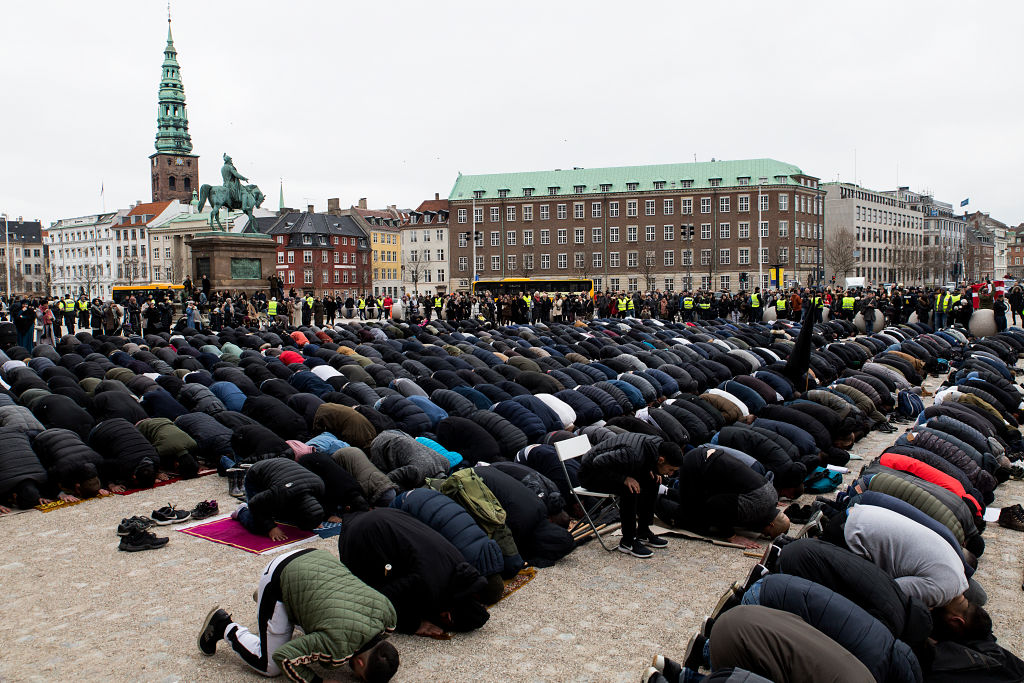







Leave a Reply